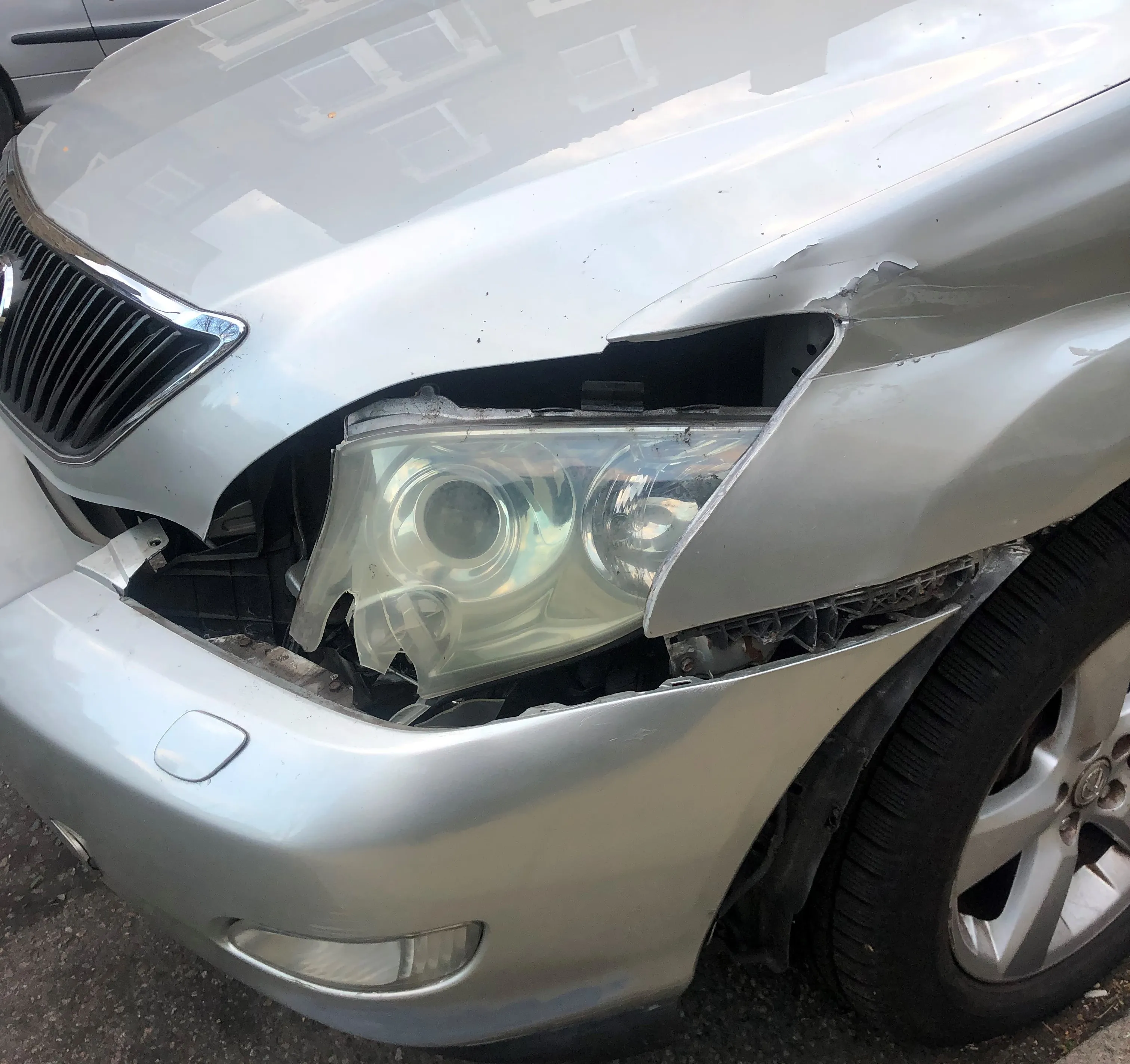Hungary's new usage-based electronic road toll system will be launched as of the beginning of July 2013, in line with a government decree. The test phase of the system has been scheduled for 5 June 2013. The road toll is expected to generate income of around US$343.42 million (HUF75bn) in the second half of 2013.
February 18, 2013
Read time: 1 min
Hungary's new usage-based electronic road toll system will be launched as of the beginning of July 2013, in line with a government decree.
The test phase of the system has been scheduled for 5 June 2013. The road toll is expected to generate income of around US$343.42 million (HUF75bn) in the second half of 2013.
The test phase of the system has been scheduled for 5 June 2013. The road toll is expected to generate income of around US$343.42 million (HUF75bn) in the second half of 2013.








